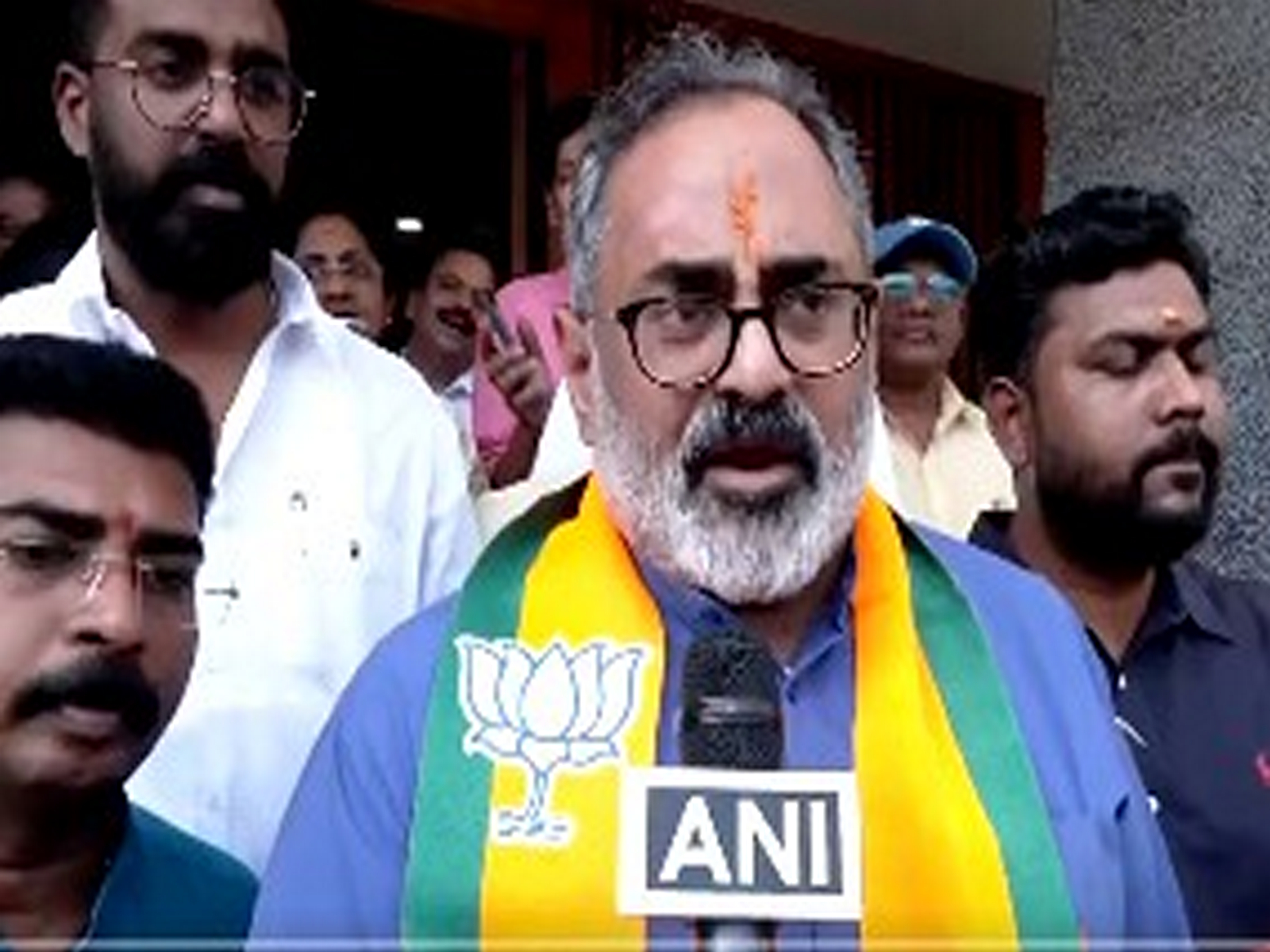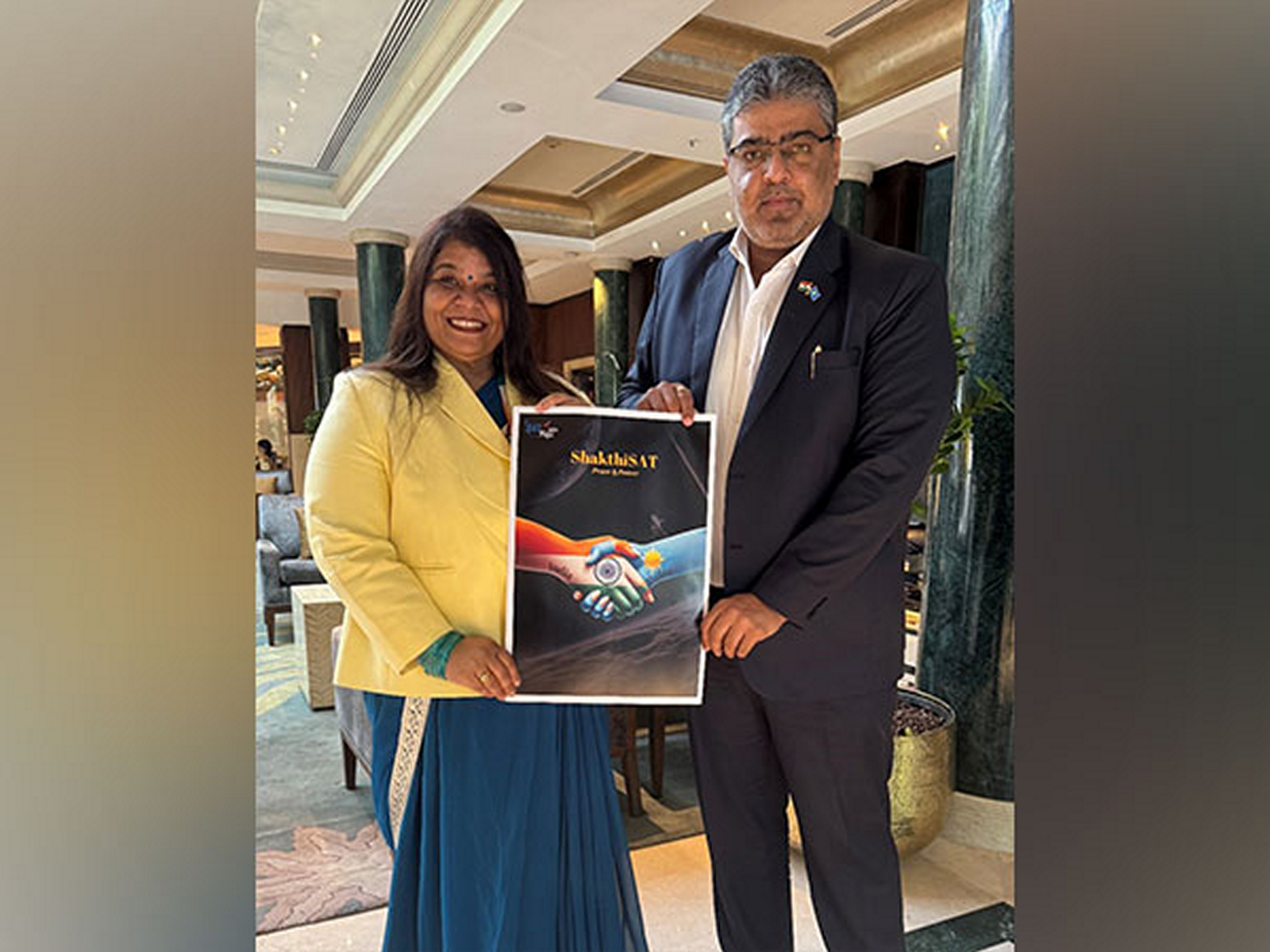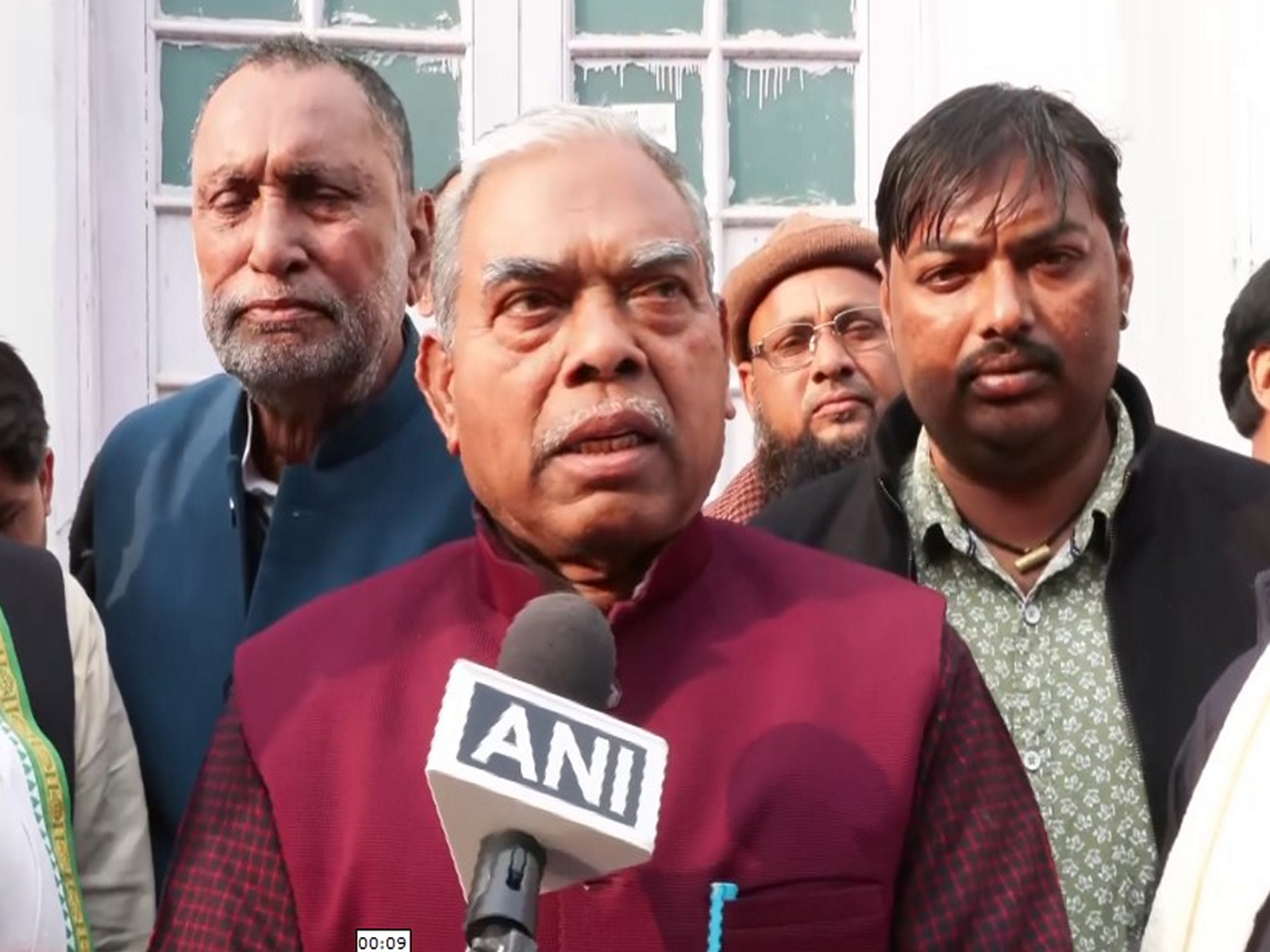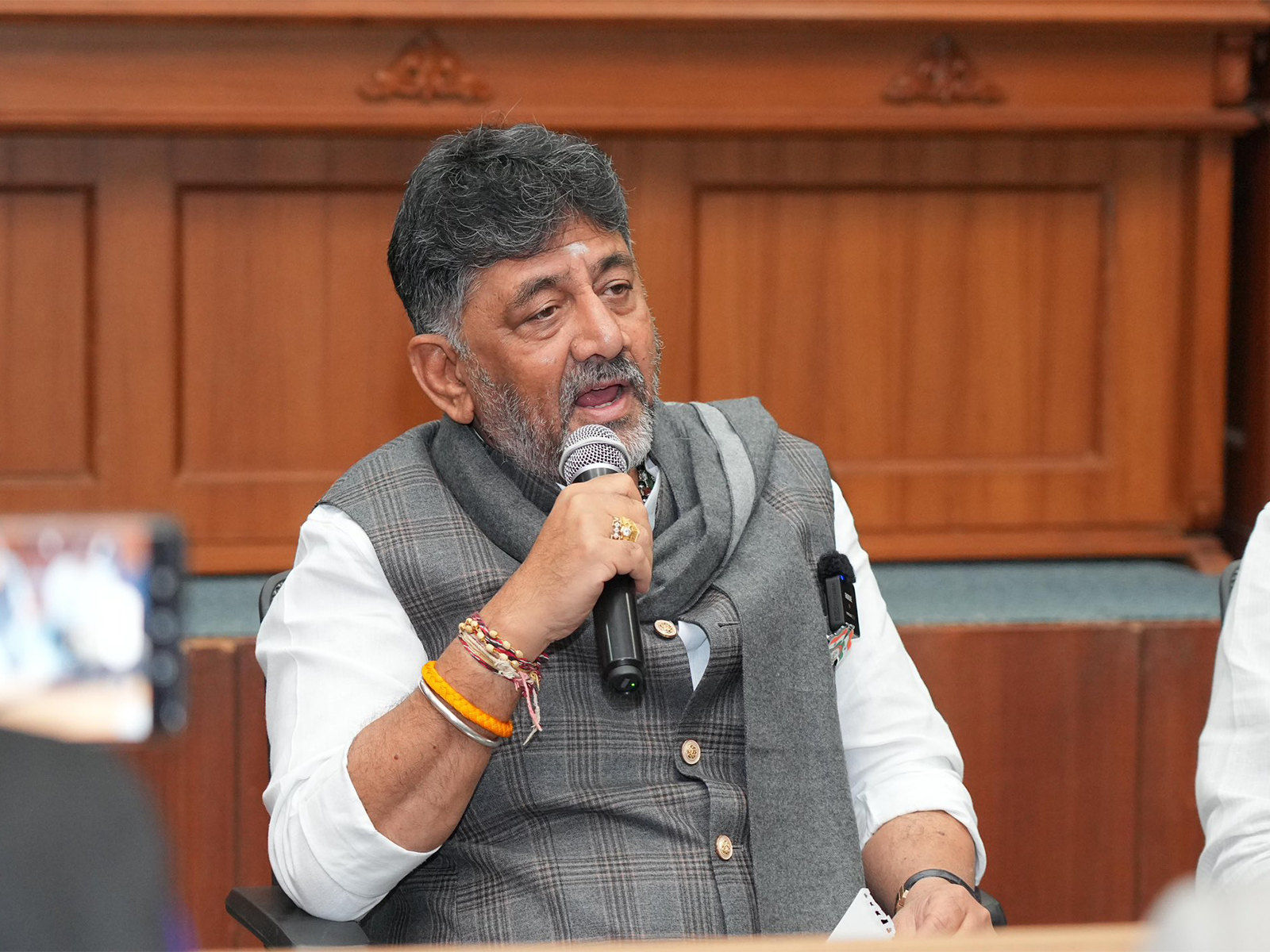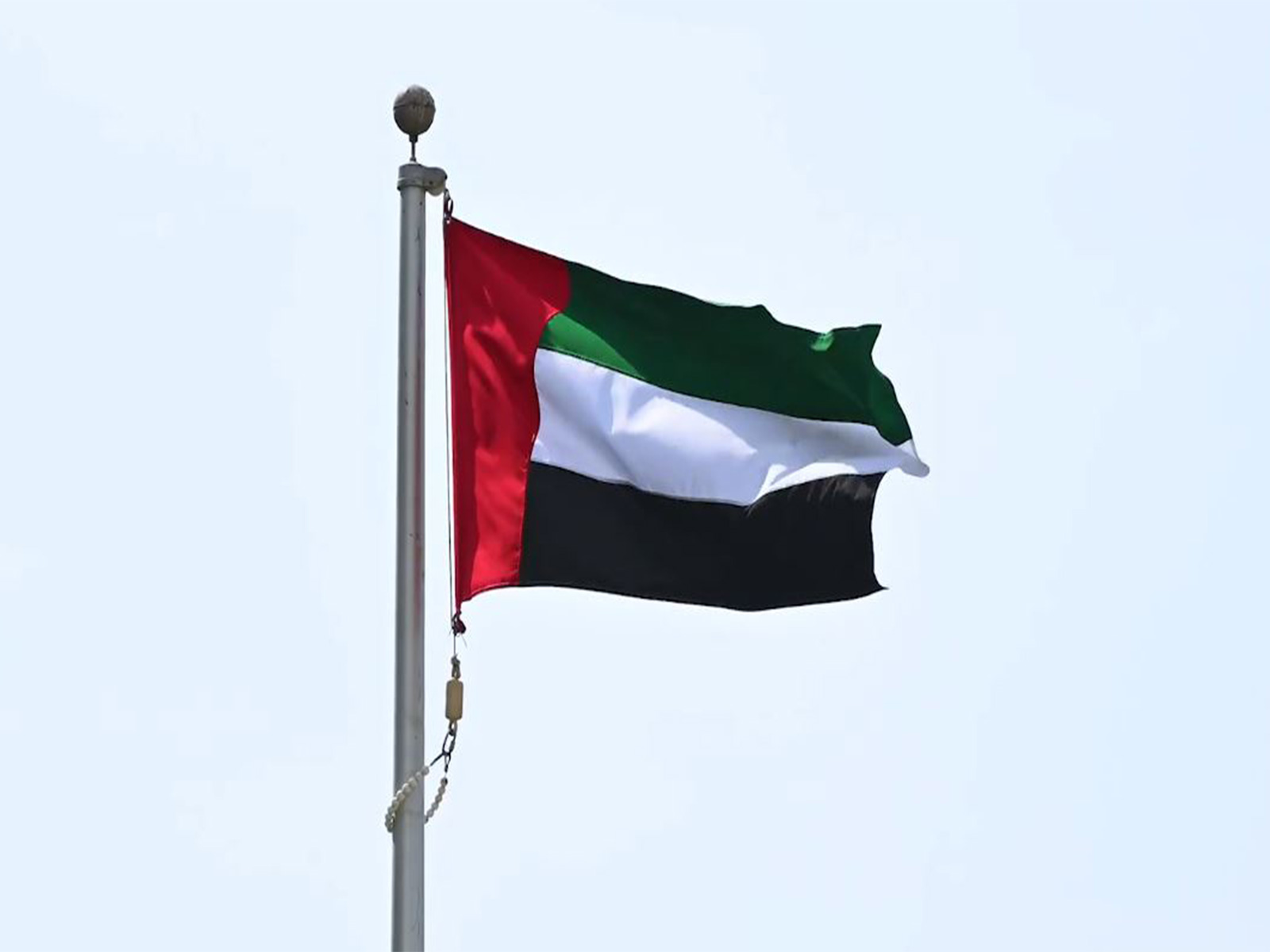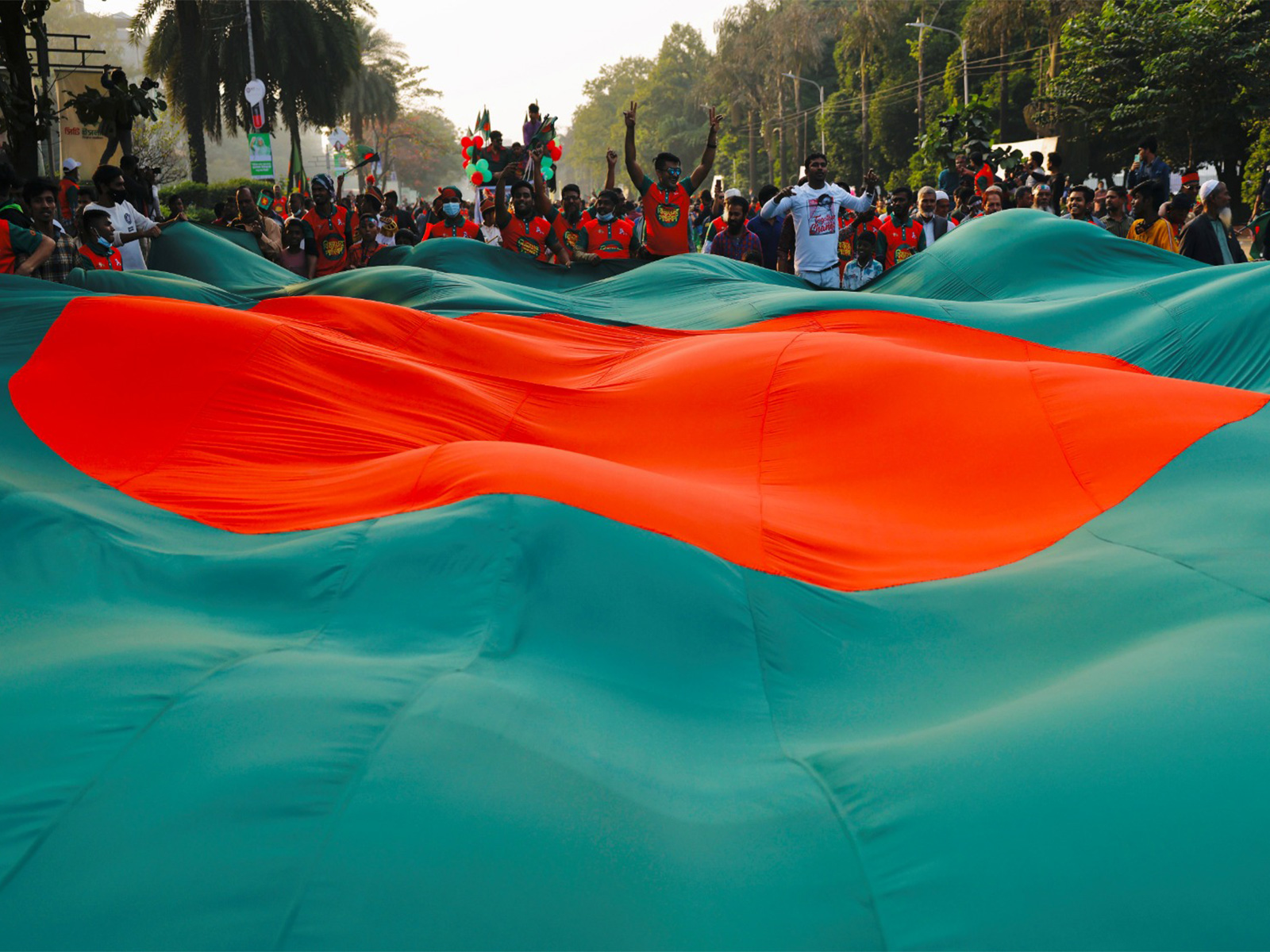"BJP extensively used taxpayer money for political rallies during their tenure": Himachal Minister Rajesh Dharmani
Dec 13, 2024

Shimla (Himachal Pradesh) [India], December 13 : Himachal Pradesh Minister Rajesh Dharmani has refuted allegations by the Bharatiya Janata Party (BJP) regarding excessive expenditure during the state government's two-year celebration event in Bilaspur.
Speaking with ANI, Dharmani emphasised that the event was organised transparently, with minimal government expenditure, and accused the BJP of misleading the public with baseless accusations.
Countering the BJP's claims, Dharmani highlighted their financial mismanagement during their tenure, citing the "Azadi Ka Swarnim Varsh" event organised by the BJP government. He alleged that the event was rife with misuse of public funds.
"During their tenure, the BJP extensively used taxpayer money for political rallies, decorating events with BJP flags while presenting them as government functions," Dharmani said.
He further explained that the current government ensured responsible use of public funds during the Bilaspur event.
"We utilised Himachal Pradesh Road Transport Corporation (HRTC) buses, the cost of which will be borne by the government. However, all other expenses, including food and arrangements, were covered through donations," he clarified.
Dharmani accused the BJP of spreading misinformation to gain political mileage and urged the public to see through their tactics.
On the memorandum submitted by the BJP to the Governor, Dharmani dismissed it as politically motivated and lacking factual basis. He challenged the BJP to submit their allegations to the Lokayukta with an affidavit for proper investigation.
"If the Lokayukta finds anyone guilty, the government will take strict action. However, the BJP's submission to the Governor seems more like a political stunt aimed at gaining media attention rather than seeking justice," Dharmani said.
Dharmani also criticised the BJP's "double-engine government" slogan, alleging that the central government failed to provide Himachal Pradesh with special financial packages despite the BJP being in power at both the state and central levels during their tenure. Highlighting a specific grievance, he revealed that a disaster relief claim of Rs9,200 crore, filed by the state government after recent natural calamities, remains pending with the Central government.
"Even during times of crisis, the Central government has ignored the plight of Himachal Pradesh," Dharmani stated.
On the Central government's push for the "One Nation, One Election" bill, expected to be tabled in Parliament next week, Dharmani expressed mixed feelings. While acknowledging the appeal of the concept, he raised concerns about its practicality. "What happens if the Lok Sabha is dissolved mid-term? What will be the status of state assemblies in such situations? Similarly, if a state assembly is dissolved, how will the system manage?" he questioned.
Dharmani stressed the importance of periodic elections as a mechanism for addressing public grievances.
"Elections create pressure on governments to deliver and provide an opportunity for people's voices to be heard. If we move to a system where elections are held only every five years, we risk neglecting the immediate concerns of citizens," he explained.
Recalling historical precedents, Dharmani pointed out that simultaneous elections were practised earlier but faced significant disruptions.
"The dissolution of the Lok Sabha in 1977 and again in 1990 broke the cycle of simultaneous elections. This mismatch could recur, leading to challenges in implementation," he noted.
Urging the central government to carefully analyse the drawbacks of "One Nation, One Election," Dharmani called for a thorough examination of the proposal before its implementation.
"We must consider all possible outcomes, both positive and negative, before making such a significant change to the democratic process," he concluded.
Dharmani's statements positioned the Himachal Pradesh government as a responsible and transparent administration, contrasting it with what he described as the BJP's history of financial mismanagement and political opportunism. His remarks have added a new dimension to the ongoing debate over fiscal responsibility, disaster relief, and electoral reforms in the country.
